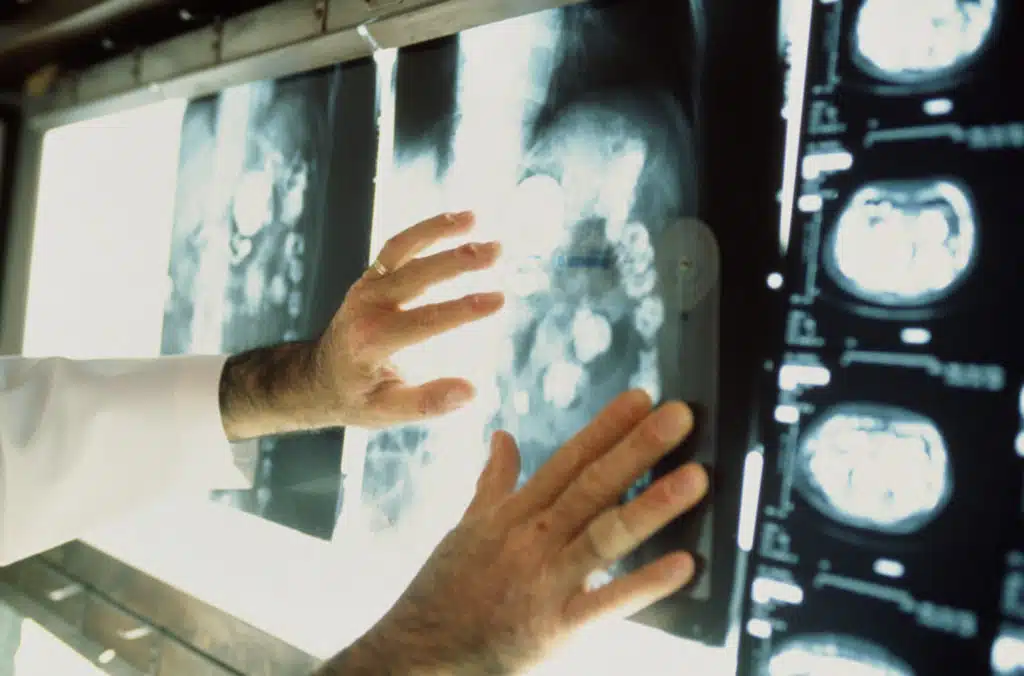Chronic-disease patients can take heart as scientists establish an exercise that allows patients to gain the benefits of high-intensity exercise without the stress.
Dr Chris Abbiss, an exercise scientist at Edith Cowan University, and his research team have discovered that by focusing on high-intensity exercise that moves a smaller muscle mass, such as single-leg cycling, patients improved their metabolic and cardiovascular function.
“By exercising a smaller muscle mass, a greater volume of blood and oxygen can be supplied to the working muscles, enhancing adaptations and, as a result, improving general health outcomes,” Chris says.
Recent studies have indicated that a few minutes of intermittent high-intensity exercise may result in similar health benefits to hours of traditional physical activity. However, the increased cardiovascular stress experienced during normal high-intensity exercise makes such activity unsuitable for people at risk of cardiovascular disease.
“The use of reduced muscle-mass training allows high-intensity exercise to be performed with minimal exertion and cardiac strain and is therefore likely to have greater adherence rates and be safer than traditional forms of exercise,” Chris says.
The study findings will help the formulation of public health interventions, clinical practices and exercise-prescription guidelines for the prevention, management and treatment





 Fresh Science is on hold for 2022. We will be back in 2023.
Fresh Science is on hold for 2022. We will be back in 2023.